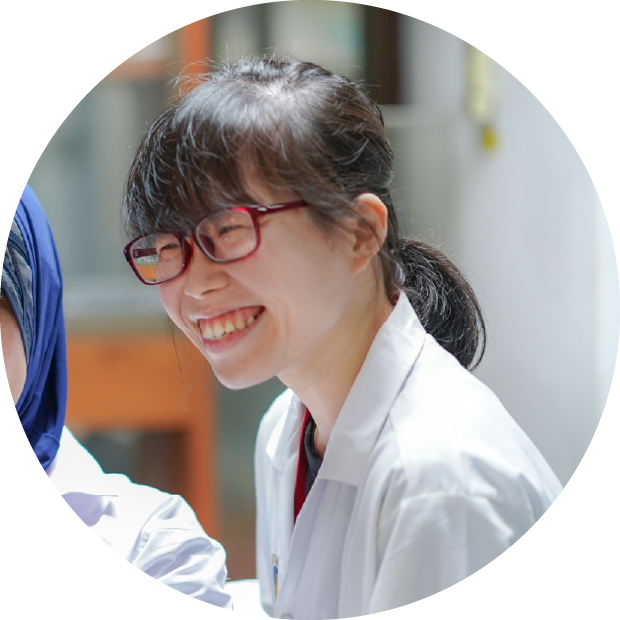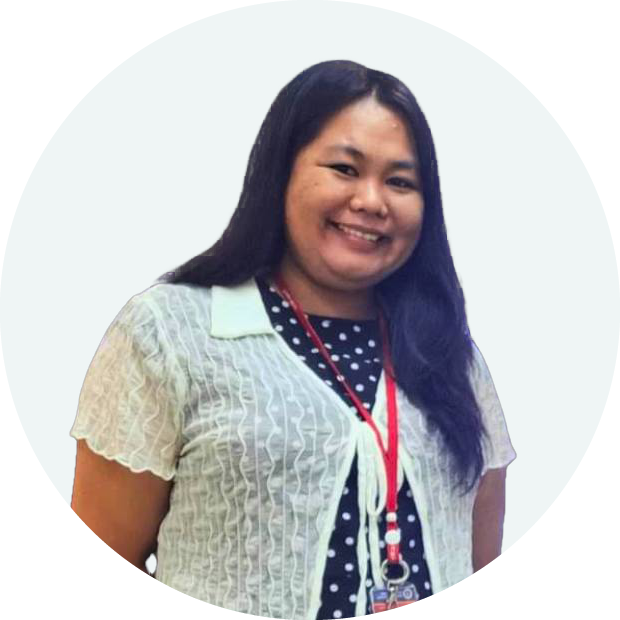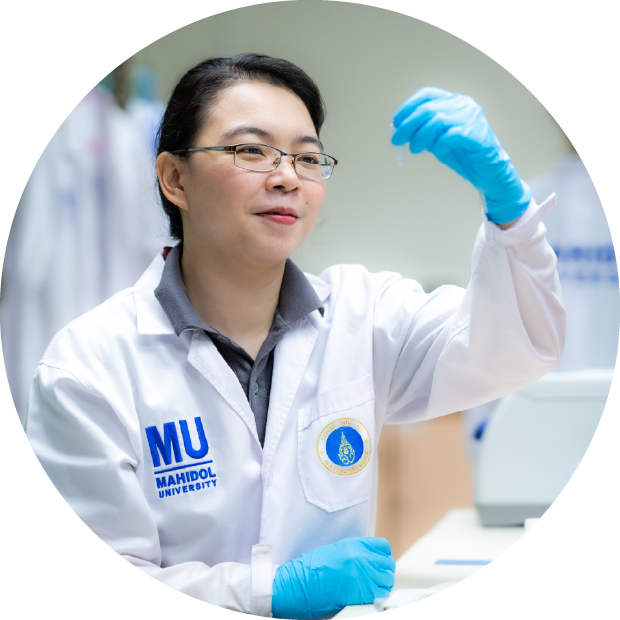FACULTY OF TROPICAL MEDICINE
Master of Science in Tropical Medicine
MSc (Trop Med)
An authentic learning experience in true Tropical Region
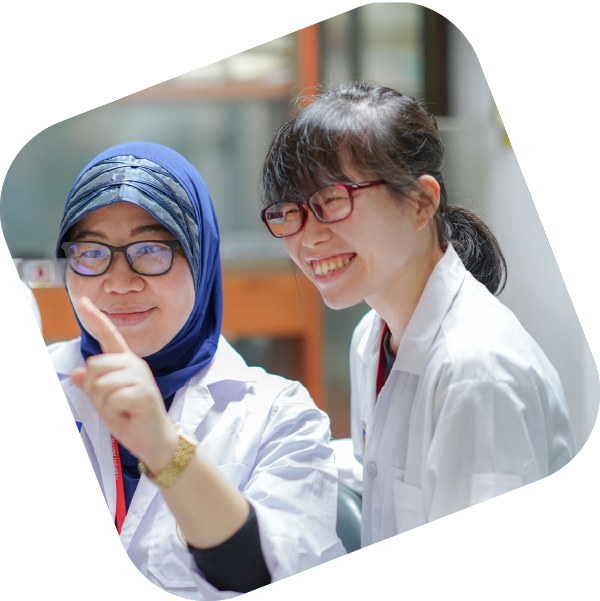

Opportunities to develop broad skills and knowledge in the field of tropical medicine
Specialized training tailored to their chosen areas of expertise
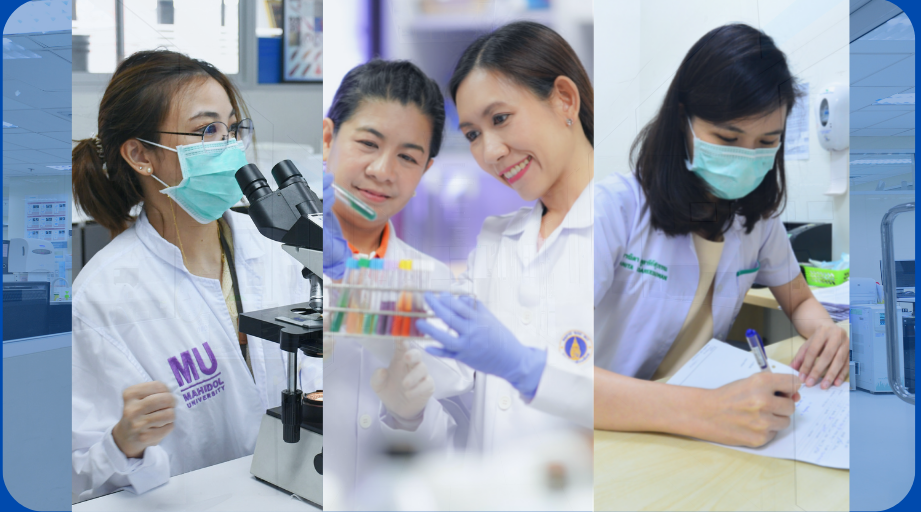
Bachelors of any fields Science or related fields such as
Exposure to World-Renowned Scientists
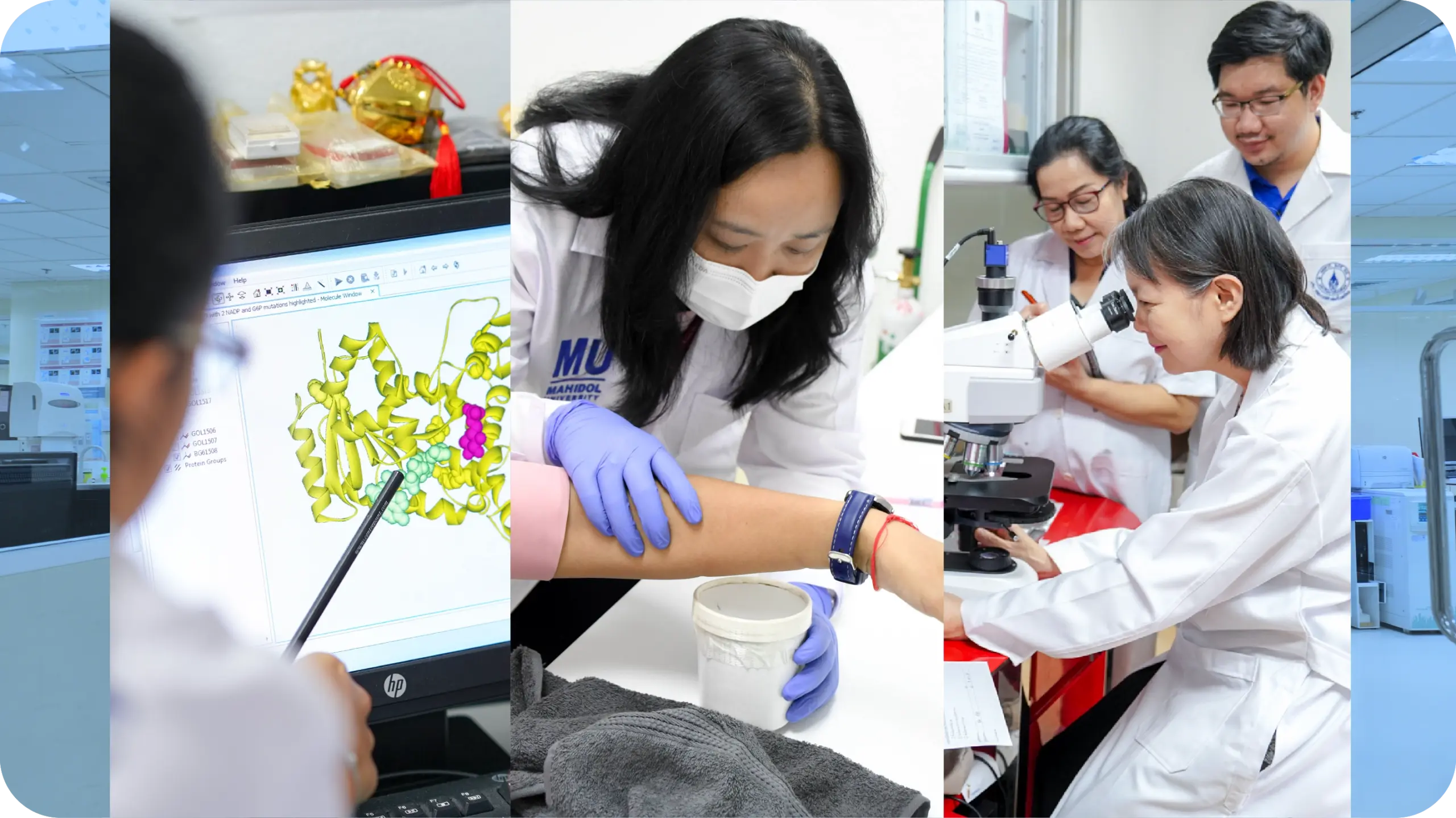
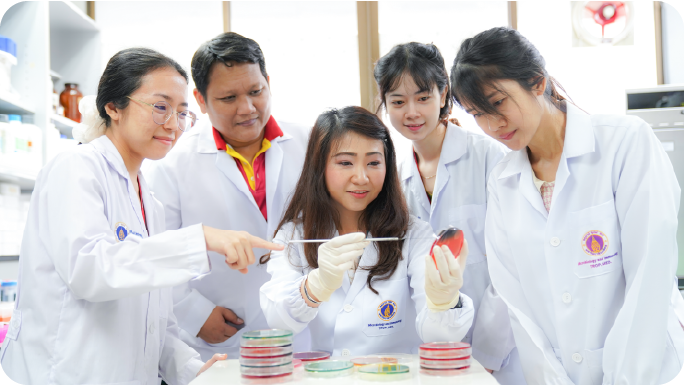
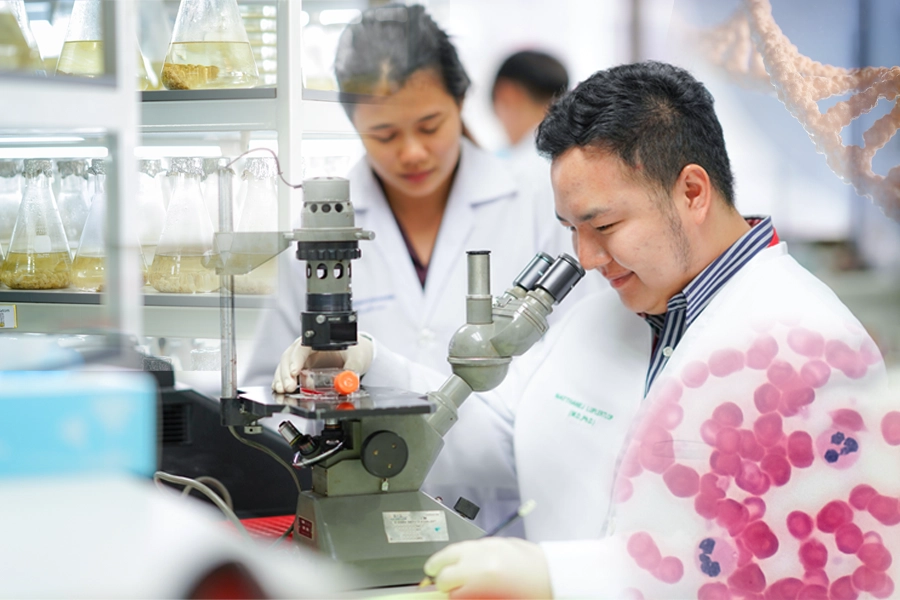
Cutting-Edge Research Across Disciplines to Tackling Global Health Challenges
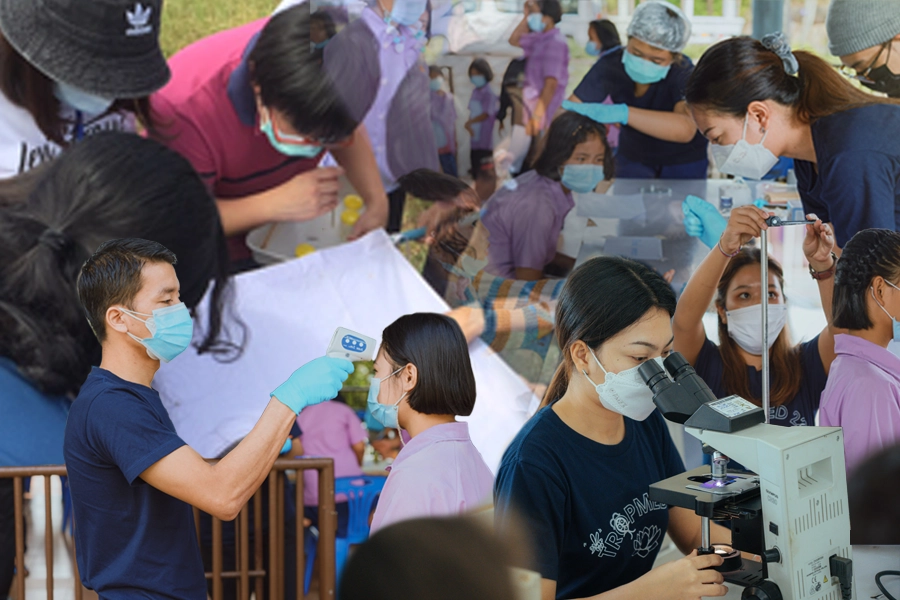
Real-World Immersive Field Experiences, Hands-on Experience in Tropical Disease Endemic Areas
Programme provides and equips all students with these competencies.

Collaborating for Impact: Global Partnerships in Tropical Medicine
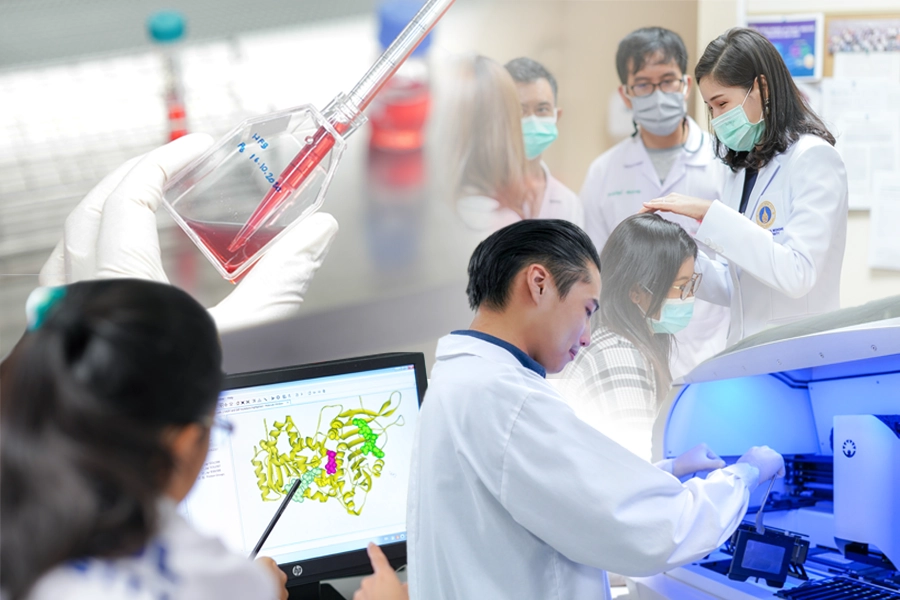
Cutting-Edge Expertises: Focus on Specific Areas of Tropical Medicine, Developing In-Depth Knowledge in Tropical Health
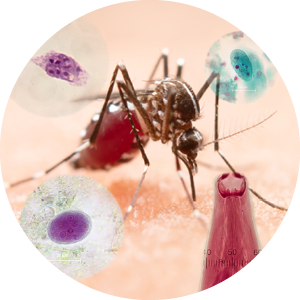
Focus on building knowledge and expertise in infectious diseases, emphasizing the development of capabilities in research, diagnosis, prevention, and treatment of infectious diseases in both humans and animals
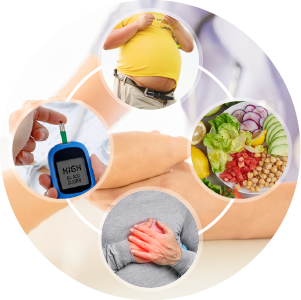
Focus on studying and addressing non-communicable diseases by emphasizing the integration of knowledge to develop innovations, research, and sustainable approaches to managing NCDs

Emphasize the study of epidemiology, environment, and community to build an understanding of risk factors, prevention, and promoting good health at the population and community levels
